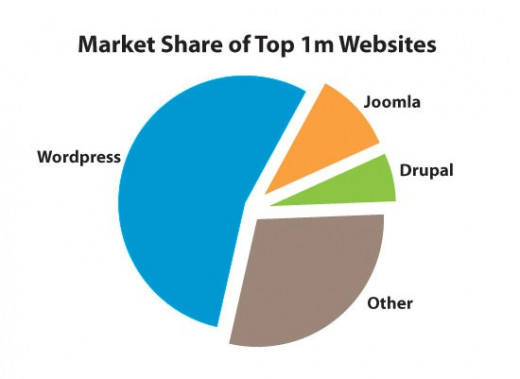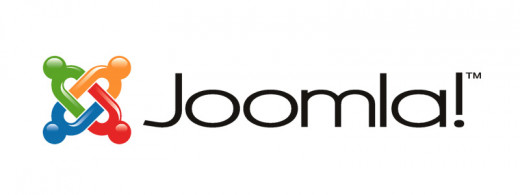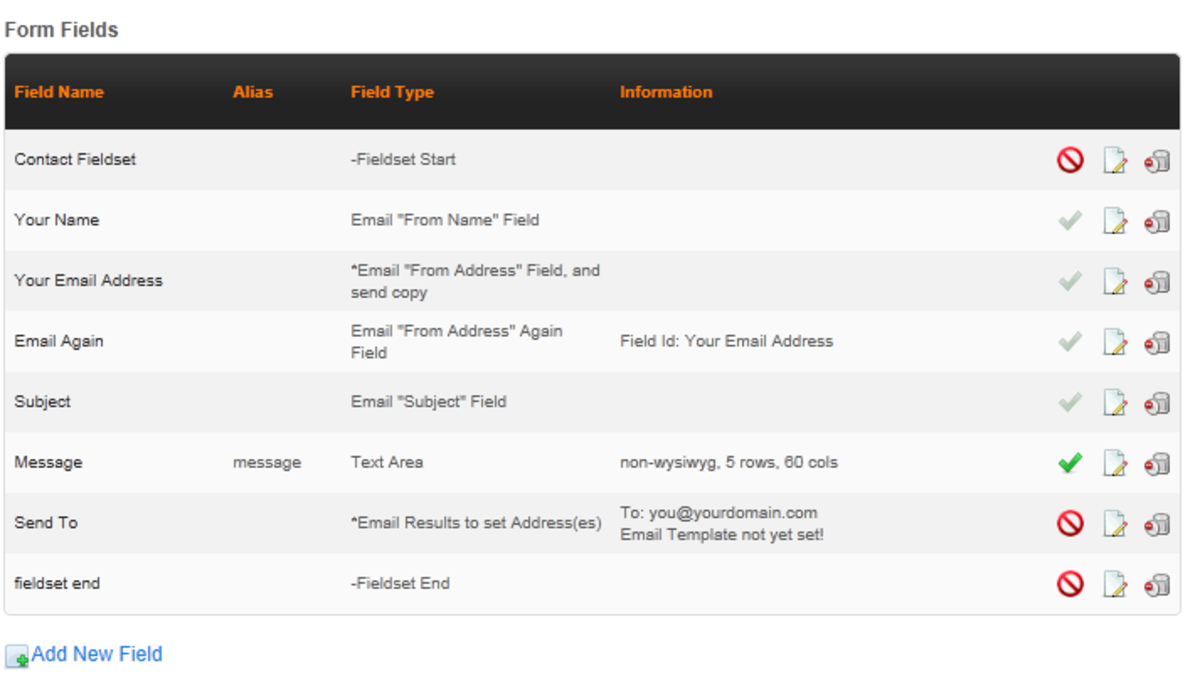Intro to Content Management Systems Part 2

Open Source CMS
Open Source CMS solutions are programs in which the source code is available to the general public for use or modification from its original design, free of cost. With open source CMS development, it is possible to develop scalable and robust web solutions at a fraction of the cost. The biggest advantages of using open source programs are that they can be used by anyone for any purpose and do not require you to purchase a license. You may also customize these without special permission. The most popular Open Source Content management systems that are being used by developers and designers are Drupal, Joomla, and WordPress.

Drupal Explored
Drupal CMS allows an individual or a community of users to easily publish, manage and organize a wide variety of content on a web site especially complex ones. So are many others as well, but none provide the flexibility, scalability, strong community support and constant updates that Drupal does. Drupal has a highly involved and growing community of developers and contributors.
To date Drupal has more than 20,000 modules developed by a community of 800,000 members. Drupal also has a remarkable User Management capabilities that grants website owners the power to create users, roles and permissions to strictly define what individuals can and cannot do on the site. Drupal is especially ideal for developing strong SEO sites as due to its standards-compliant HTML/CSS, optimized URLs, custom content types and views, dynamic page titles, meta tags and Google Analytics integration.

Joomla Works
Joomla is one of the most popular open source CMS options available, mainly due to it being relatively uncomplicated to install and setup. Joomla is also economical and requires a relatively small investment to customize and adapt according to individual business requirements. Joomla CMS is also immensely popular as it has a shorter development cycle that enhances its stability by providing greater core feature development and adoption than comparable CMS offerings.
It also offers multiple user groups with a complex multiple user privilege system with user registration and layered content privileges. Joomla also boasts high level security and has a feature that directly adds advanced security procedures during its initial download which protects you from viruses, hacking, spyware and other issues. Also with its extensive multitude of plugins and add-ons, extending Joomla’s functionality doesn’t necessarily require any custom coding.

WordPress Overview
WordPress is the most ideal CMS for creating personal websites, blogs, and small business sites. Originally developed as a blogging tool, it is now used commonly to create a variety of websites and has become even more popular than Joomla or Drupal due to its ease of use. According to W3Techs, almost 55% of the 1 million most visited websites that are run on a content management system are run on WordPress.
This is mostly because WordPress’ user interface is comparatively easy to use and widely localized and even though it has so far been in the shadow of other CMS’s, it already has seen implementation in all industries. It also has a strong, global and vibrant community, with a wide-ranging list of modules for desktop and mobile, which is matched in numbers only by SharePoint.
Useful Comparison of the Three Major CMS Options on the Market
Bespoke/Custom CMS
Bespoke/custom CMS’s are built according to exact specifications of the client providing them complete control, flexibility and functionality when managing their website content. They are especially beneficial when building high performance websites such as ecommerce or informational sites that require very rigid sets of requirements for performance, responsiveness and search engine optimization capabilities.
A bespoke/custom offering has all the features you would expect from a CMS – such as search functions, WYSIWYG and HTML editing options, and the ability to upload files and photos plus much, much more intricate and to the point features.
One of the key benefits of a bespoke/custom CMS design is the ease with which it can be integrated into existing business applications such as customer relationship management or enterprise resource planning software. Unlike many open source CMS systems, you can also configure a custom CMS to allow other website editors to preview updated webpages before they are published.
Which CMS Works Best For You?
In The End...
Well in the end it all comes down to what your business requirements are from a CMS. A CMS is extremely suitable for both big and complex as well as small and simple websites such as eCommerce sites or blog sites. They assimilate the varying roles of multiple users and facilitate efficiencies in work flow management.
If you have access to talented CMS programmers and developers, you can work within any platform out there be it open source, bespoke, Joomla, WordPress or Drupal.
In the end it’s your choice!







